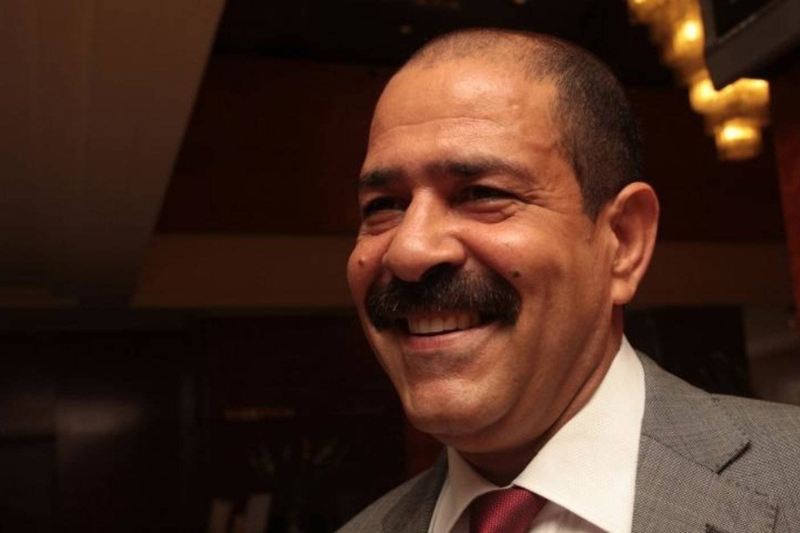Court Verdicts Bring Closure
In a landmark ruling, a Tunisian court has handed down sentences in the high-profile case of Chokri Belaid’s assassination. The verdict, which saw four individuals sentenced to death and two to life imprisonment, marks a significant step towards justice for the slain politician and his family. Belaid’s murder in 2013 sent shockwaves through Tunisia, triggering widespread protests and political upheaval.
Reopening of the Case
The reopening of the case last month, following the arrest of a former investigating judge, shed new light on the circumstances surrounding Belaid’s death. Two dozen defendants were ultimately charged in connection with the assassination, highlighting the complexity of the investigation and legal proceedings. While some defendants were acquitted and others received varying sentences, the court’s decision sends a strong message that acts of political violence will not go unpunished in Tunisia.
Legacy of Chokri Belaid
Chokri Belaid‘s legacy as a vocal critic of Ennahda, the Islamist party in power at the time of his assassination, remains a poignant reminder of Tunisia’s turbulent transition to democracy. Belaid’s supporters accused Ennahda of failing to address extremism effectively, exacerbating tensions in the aftermath of his death. The classification of Ansar al-Sharia as a terrorist group and the prosecution of its members underscored the government’s
Keep Reading
Impact on Tunisia’s Transition
The assassinations of Chokri Belaid and other political figures plunged Tunisia into a period of uncertainty, challenging its transition from dictatorship to democracy. The subsequent unrest underscored the fragility of the country’s political landscape and the need for robust institutions to safeguard democratic principles. However, the legal proceedings and convictions in Belaid’s case represent a significant milestone in Tunisia’s quest for justice and accountability.
Justice for Victims’ Families
The court’s verdict brings a measure of closure to the families of the victims and serves as a deterrent against future acts of political violence. While the road to justice has been long and arduous, the outcome of the trial reaffirms Tunisia’s commitment to upholding the rule of law and protecting its citizens from harm. Moving forward, the country must continue to address the underlying socio-political issues that contribute to instability and extremism.
Strengthening Democracy
As Tunisia navigates the complexities of its democratic transition, ensuring transparency, accountability, and respect for human rights will be paramount. The successful prosecution of those responsible for political assassinations sends a clear message that impunity will not be tolerated in Tunisian society. By upholding the principles of justice and democracy, Tunisia can forge a path towards a more inclusive and prosperous future for all its citizens.

